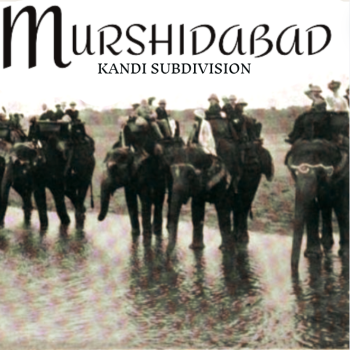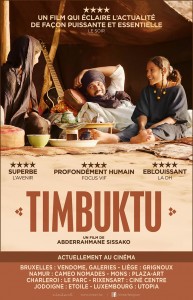Is it possible to capture the lives of queer, gay, lesbian and bisexual Muslims in the span of a 81 minute film without essentializing their lives into either “oppressed” or “liberated”? Is it possible to do so while representing other aspects of their identities? Is it possible to recognize the vast differences in the experiences of gay men and gay WOMEN?
Apparently, it is in A Jihad for Love. Parvez Sharma’s film (trailer shown below) has been getting a lot of attention from mainstream media in the past few months made its debut in Chicago, where I live, a few weeks ago. Of course, I went to see the film the first chance I had and was definitely moved by it.
First and foremost, the title is striking. I appreciate Sharma’s attempt at creating awareness about the true meaning of “jihad”, but for the most part, I found that it seemed like a joke to most non-Muslims that I mentioned it to. That aside, what is actually IN the film is probably more important to discuss.
Unfortunately, but not surprisingly, the mainstream LGBT community tends to focus more on the “G” than anything else…that is, it is highly male dominated. My fear going into the theatre to see this film was that all the stories would be revolving around Muslim men’s issues with being gay. I was delighted (yes, delighted!) to see women from all different backgrounds portrayed in the movie.
One of the women, whose name I cannot remember (one negative criticism: Sharma stuffed WAY too many stories into one film – but still, they were all incredibly valuable in their own ways), was a practicing Muslim who wore hijab and was trying to reconcile her sexual identity with her religious one. She ultimately decided that it is against Islam and is an urge that she should try not to succumb to.
Many of the people portrayed in the movie were searching the Quran and hadith trying to find some validation for being themselves. Two women who are partners in Turkey went to Jummah prayer together and were then shown going to meet one of the women’s mothers. Though living in a country dominated by Muslims, they felt comfortable being themselves and loving each other openly. Sharma’s portrayal of these women made it seem that they were some of the lucky few who had reconciled their religious identities with their sexual identities.
Sharma did a great job of not trying to argue whether or not Islam prohibits so called ‘deviant’ sexual identities. Instead, he just showed how other people are negotiating those contradictions in their lives. He also showed such a wide array of Muslims from many different backgrounds living all over the world. Some stories were absolutely heartbreaking and horrific, while others were lighter and less stressful. All the stories were hopeful about what the future of LGBT Muslims looks like. The people in the film were never portrayed as faceless victims, but as individuals with unique personalities who are overcoming the rampant homophobia that is not only present in Muslim countries and within Islam but throughout the entire world and most major religions. Of course there is a lot of work to do before all people who identify as LGBT and/or Muslims can live their lives free of fear, hatred, and shame, but Sharma shows us that there are countless courageous people who are pushing the limits of sexuality, questioning long-standing unrealistic religious ideals, and fighting for freedom just by being who they are.
(A Jihad for Love is touring around the country until November 1. Check here to see when it is playing your town.)















